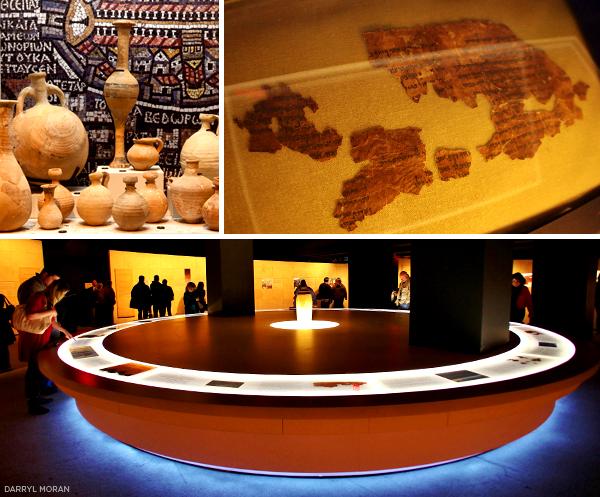
Nearby Arab countries invaded Palestine, but Israel not only prevailed but also conquered far more territory of the Mandate than envisioned by the Partition Plan. The Arabs rejected the Partition Plan, the Jews ostensibly accepted it, declaring the independence of the State of Israel in May 1948 upon the termination of the British mandate. However, the situation in Palestine had deteriorated into a civil war between Arabs and Jews. The United Nations General Assembly recommended partitioning Palestine into two states one Arab and one Jewish. British colonial rule and Arab efforts to prevent Jewish migration into Palestine led to growing sectarian violence between Arabs and Jews, eventually causing the British government to announce its intention to terminate the Mandate in 1947. The League of Nations gave Britain mandatory power over Palestine in 1922. The British captured Palestine from the Ottomans shortly thereafter.

ĭuring World War I the British government issued the Balfour Declaration, favoring the establishment of a national home for the Jewish people in Palestine. The emergence of Zionism also brought many Jewish immigrants from Europe, and the revival of the Hebrew language. Considerable demographic changes happened during the 19th century and with the regional migrations of Druze, Circassians and Bedouin tribes. Eight years later, the United Kingdom intervened and returned the region to the Ottomans. The Ottoman Empire captured the region in 1516 and ruled it until Egypt took it in 1832. The Egyptian Mamluks took Palestine from the Mongols (who had conquered the Ayyubid Sultanate) in 1260. The Crusaders failed to retake Palestine despite further attempts. In 1099, the Crusaders established the Kingdom of Jerusalem in Palestine, which the Ayyubid Sultanate conquered in 1187. Following the Muslim conquest of the Levant in 636–641, several Muslim ruling dynasties succeeded each other as they wrestled control of Palestine: the Rashiduns the Umayyads, who built the Dome of the Rock and the al-Aqsa Mosque in Jerusalem the Abbasids the semi-independent Tulunids and the Ikhshidids the Fatimids and the Seljuks. In the 4th century, as the Roman Empire christened, Palestine became a center of Christianity, attracting pilgrims, monks and scholars. Roman Judea was troubled by large-scale Jewish revolts, which Rome answered with by destroying Jerusalem and the Second Jewish Temple. In the late 2nd century BCE, the Hasmonean Kingdom conquered most of Palestine and parts of neighboring regions but the kingdom gradually became a vassal of Rome, which annexed the area in 63 BCE. Alexander the Great conquered the Persian Empire in the late 330s BCE, beginning a long period of Hellenization in the region. 601 BCE, followed by the Persians who conquered the Babylonian Empire in 539 BCE. The Assyrians conquered the region in the 8th century BCE, then the Babylonians in c. In the Bronze Age, the Canaanites established independent city-states that were influenced by the surrounding civilizations, among them Egypt, which ruled the area in the Late Bronze Age.ĭuring the Iron Age, two related Israelite kingdoms, Israel and Judah, controlled much of Palestine, while the Philistines occupied its southern coast.

The region of Palestine/Land of Israel was among the earliest in the world to see human habitation, agricultural communities and civilization. 19.4 Renaissance and early modern history.16 Graphical overview of Palestine's historical sovereign powers.15.5 Non-member status of State of Palestine.15.2 First Intifada, Oslo Accords and Palestinian Authority.15 Israel and the occupied Palestinian territories.14.3 Annexation of the West Bank of Jordan.14.2 Palestinian governorship in Egyptian-controlled Gaza.

14.1 Partition of former Mandatory territory.14 UN partition and the 1948 Palestine War.13.3 Demographics and Jewish immigration.



 0 kommentar(er)
0 kommentar(er)
